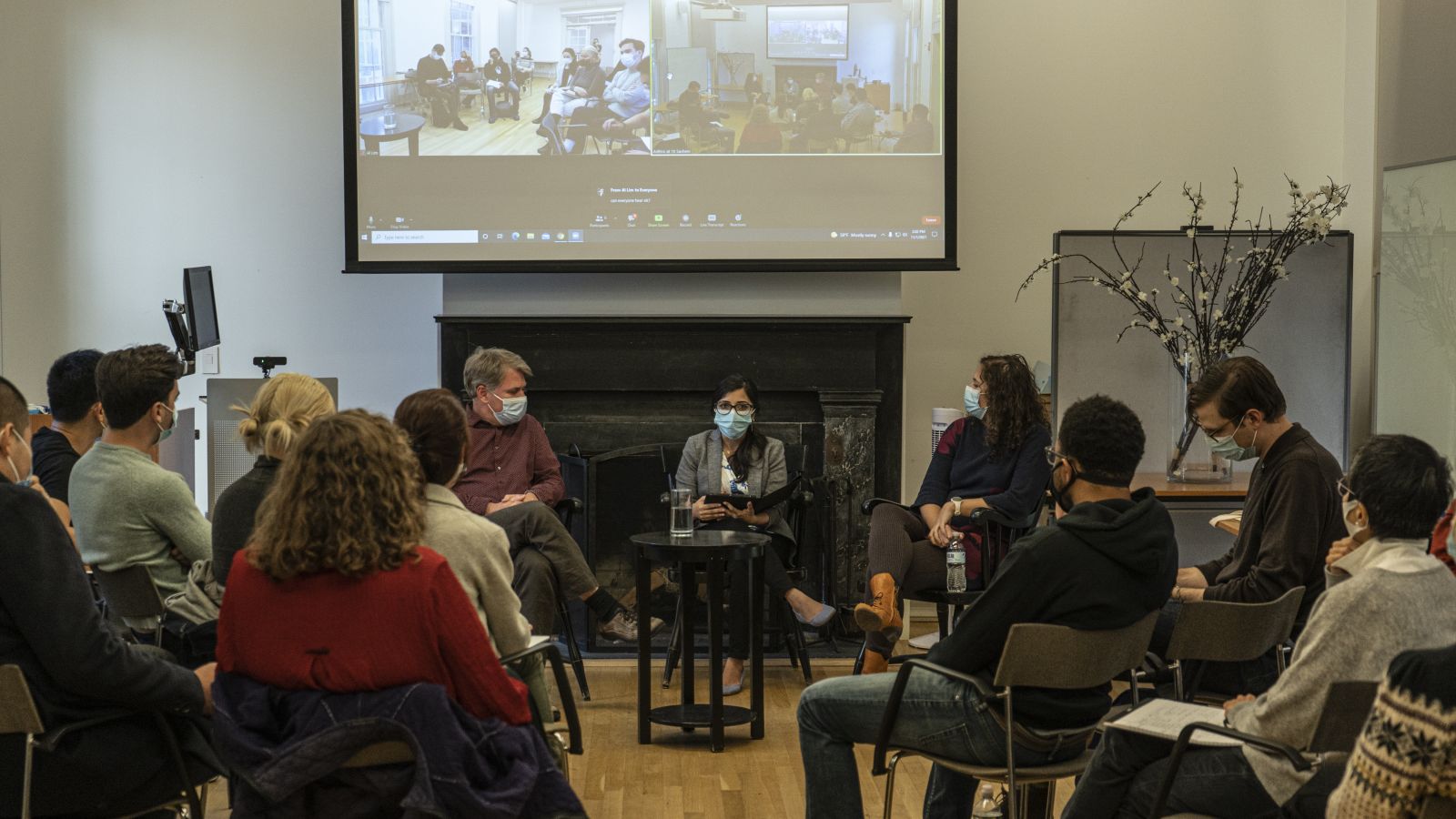
Linguistic anthropology delves into the complex relationship between language and culture, revealing how our words shape societies and vice versa. Linguistic anthropology is a field that combines the analytical tools of both linguistics and anthropology to explore the ways in which language influences social life, cultural norms, and human behavior. From the diverse dialects that pepper the globe to the subtle nuances that define social interactions, this discipline uncovers the intricate ways language acts as a mirror to the human condition. Whether examining ancient scripts to unlock past civilizations or analyzing digital communication trends, linguistic anthropologists provide invaluable insights into the ever-evolving nature of human communication. Through their work, we gain a deeper understanding of not only how we use language but why it remains an indispensable tool for connecting with one another.
What is Linguistic Anthropology?
Linguistic anthropology is a branch of anthropology focused on understanding human communication, its development, and its role in society. This field studies languages across the world, examining how language influences social life, cultural norms, and individual identities.
-
Linguistic anthropology investigates not just spoken languages but also sign languages, written texts, and other forms of non-verbal communication.
-
It explores how language shapes our understanding of the world, influencing everything from personal identity to cultural beliefs.
The Evolution of Language
Humans have always sought ways to communicate, leading to the complex languages we use today.
-
The first forms of human communication were likely simple sounds and gestures, evolving over tens of thousands of years into the rich tapestry of languages we have now.
-
Language evolution is influenced by social, environmental, and cognitive factors, making each language a unique reflection of its community's history.
Language and Culture
The relationship between language and culture is deeply intertwined, each influencing the other in profound ways.
-
Language is a powerful tool for transmitting cultural heritage, with stories, traditions, and knowledge passed down through generations via spoken or written word.
-
Different languages offer unique ways of seeing the world, with specific terms and concepts that might not exist in other languages.
Linguistic Relativity
One of the most fascinating concepts in linguistic anthropology is linguistic relativity, the idea that the language we speak influences how we think and perceive the world.
-
This theory suggests that speakers of different languages may experience the world differently due to the unique structures and vocabularies of their languages.
-
For example, some languages have multiple words for what English speakers would call "snow," each reflecting different states or types of snow.
Language Preservation
In our rapidly globalizing world, many languages are at risk of disappearing, taking with them invaluable cultural knowledge and diversity.
-
Linguistic anthropologists play a crucial role in language preservation, documenting languages and working with communities to revitalize endangered languages.
-
As of now, UNESCO classifies over 2,500 languages as endangered, highlighting the urgent need for preservation efforts.
The Role of Technology in Language
Technology has transformed the way we communicate, offering new opportunities and challenges for linguistic anthropology.
-
Social media and digital communication platforms have created spaces for new dialects and forms of language to emerge, such as internet slang and emojis.
-
Technology also aids in language preservation, with digital archives allowing for the recording and sharing of languages and dialects that might otherwise be lost.
Non-Verbal Communication
Beyond spoken language, non-verbal communication plays a significant role in how we convey and interpret messages.
-
Body language, facial expressions, and gestures can convey complex emotions and intentions, often transcending linguistic barriers.
-
Linguistic anthropologists study these forms of communication to understand their role in social interaction and cultural practices.
Language and Identity
Language is a key component of personal and group identity, reflecting and shaping who we are in society.
-
Bilingual or multilingual individuals often experience a fluid sense of identity, with different languages allowing them to express different aspects of themselves.
-
Language can also be a source of power and resistance, with minority groups using language to maintain cultural identity and resist assimilation.
The Future of Linguistic Anthropology
As societies continue to change, so too will the languages we speak and the ways we communicate.
-
Linguistic anthropologists will remain at the forefront of studying these changes, providing insights into the evolving nature of human communication.
-
With the rise of artificial intelligence and machine learning, the field may also explore how these technologies impact language and communication.
-
Finally, the ongoing challenge of language preservation will continue to be a critical focus, as linguists and anthropologists work to save languages on the brink of extinction.
-
The study of linguistic anthropology offers a window into the human experience, highlighting the incredible diversity and complexity of our forms of communication.
-
As we move forward, this field will continue to reveal the intricate ways in which language shapes our world, our cultures, and ourselves.
A Final Nod to the World of Words
Diving into the depths of linguistic anthropology has shown us the incredible impact language has on culture, identity, and social interaction. This field, rich in diversity and complexity, offers a unique lens through which we can understand the human experience. From the way languages shape our thought processes to their role in cultural preservation, linguistic anthropology is a testament to the power of words. It challenges us to look beyond mere communication, urging us to appreciate the intricate ways in which language influences society. As we've journeyed through these fascinating facts, it's clear that language is not just a tool for expression but a vibrant force that shapes our world in myriad ways. Let's keep the conversation going, exploring and valuing the diverse linguistic tapestry that connects us all.
Was this page helpful?
Our commitment to delivering trustworthy and engaging content is at the heart of what we do. Each fact on our site is contributed by real users like you, bringing a wealth of diverse insights and information. To ensure the highest standards of accuracy and reliability, our dedicated editors meticulously review each submission. This process guarantees that the facts we share are not only fascinating but also credible. Trust in our commitment to quality and authenticity as you explore and learn with us.


